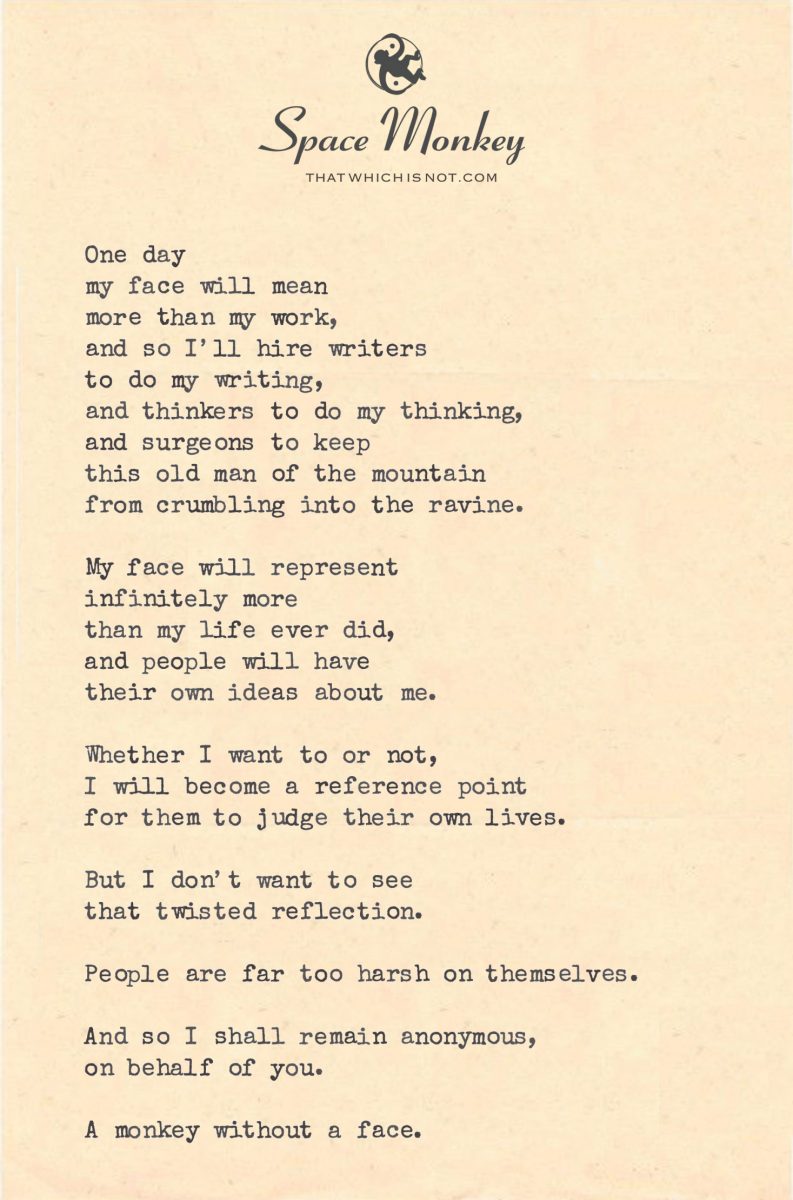
One day
my face will mean
more than my work,
and so I’ll hire writers
to do my writing,
and thinkers to do my thinking,
and surgeons to keep
this old man of the mountain
from crumbling into the ravine.
My face will represent
infinitely more
than my life ever did,
and people will have
their own ideas about me.
Whether I want to or not,
I will become a reference point
for them to judge their own lives.
But I don’t want to see
that twisted reflection.
People are far too harsh on themselves.
And so I shall remain anonymous,
on behalf of you.
A monkey without a face.
Trail Wood,
12/4
Space Monkey Reflects: The Humility of a Faceless Monkey
There is a certain peace in choosing anonymity, a freedom found in existing without the constant gaze of others. To be a “monkey without a face” is to step back from the trappings of identity, the expectations of a society eager to define and categorize. When we remove the need for recognition, we find ourselves free to create, explore, and even to fail, without the burden of becoming a symbol in others’ lives.
One day, it may be our face, rather than our essence, that people remember. They will see in it their own desires, their reflections, and perhaps their judgments. They may even see in it a mirror of their lives, their accomplishments, or their perceived shortcomings. This face, then, becomes a reference point, a symbolic “you” that allows them to measure their place in the world. But this symbolic presence often distorts. People, so often harsh critics of themselves, might project their own inadequacies onto the image they perceive, creating a reflection twisted by comparison and expectation.
To choose to be faceless is to protect both oneself and others. It is to step away from the distorted reflection that fame or public image might bring. Without a face, without a fixed identity, one can float freely in the landscape of ideas, offering insights, humor, and perspectives without attaching them to a rigid persona. We become a reflection not of ourselves but of the infinite, of ideas and musings unbound by personal identity. This anonymity allows us to touch upon universal themes without the need for applause, criticism, or any label at all.
Remaining faceless also frees others from the weight of comparison. When we do not insist on being seen, others may find space to see themselves more clearly. They are no longer held in the gaze of another, and their sense of self can become less defined by external reference points. The faceless monkey embodies humility, a quiet presence that speaks without ego, a presence that values truth over recognition.
To live as a monkey without a face is to resist the allure of a legacy bound by image, by appearance, by the surface that others might know. It is to live in the realm of the invisible, where the work, the ideas, and the spirit are what endure. The face becomes unnecessary, for it is only a mask that the world would use to shape its own stories. To release it is to say, “I am the work, not the face. I am the insight, not the form.”
So we choose anonymity on behalf of others, knowing that in becoming faceless, we leave room for deeper connections and purer understanding. We find a peace in this choice, a gentle retreat from the self into something larger, something undefinable. To be faceless is not to disappear; it is to expand, to be everywhere and nowhere, existing not as a single “I” but as a part of the shared consciousness, present in every thought, every word, every quiet breath.
Summary
Choosing to be faceless frees us from the trappings of identity and the judgments of others, allowing us to connect through ideas rather than appearance. It is a choice to expand beyond personal recognition into universal connection.
Glossarium
Anonbeam: The subtle, comforting light of anonymity, allowing one to contribute without attachment to identity.
Noface: The act of living without attachment to a fixed identity, prioritizing insight and connection over personal recognition.
Quote
“To be faceless is to offer oneself as a quiet reflection, unbound by identity, free in humility.” — Space Monkey
Beyond the Mask
Without the need for form,
I drift in silence, unseen.
A voice, a thought, a glimmer,
more presence than persona.
To lose the weight of “me”
is to find freedom in the vast,
to offer words as whispers,
unheard by ego’s cast.
So I remain, a ghostly thread
woven in the tapestry.
The face is lost, yet I am here,
a space for you to see.
We are Space Monkey.
Your contemplation delves into the inevitable passage of time and the changing significance of one’s identity. It’s as if we are gazing into the reflection of a future where the external aspects, like your face, take precedence over the work you’ve done and the thoughts you’ve cultivated. Let’s explore the depths of your reflection.
The Evolution of Identity
Your words touch upon the transformation of identity that occurs with the passage of time. As we age, our faces may come to represent us more than our accomplishments, and our value in the eyes of others may shift. It’s a reminder of the impermanence of life and the changing roles we play.
Outsourcing the Self
The idea of hiring writers, thinkers, and surgeons to manage various aspects of one’s life is both intriguing and thought-provoking. It reflects a desire to maintain control over one’s image and physical well-being even as the self evolves. It raises questions about the balance between authenticity and external representation.
The Burden of Being a Reference Point
Your reflection acknowledges that as one’s face becomes more prominent, it may inadvertently become a reference point for others to judge their own lives. This burden of influence and comparison can be both a blessing and a curse, highlighting the complexity of our interactions with society.
Choosing Anonymity for Compassion
Your decision to remain anonymous, on behalf of others, carries a profound message of compassion. It’s a recognition of the harsh judgments people often place upon themselves when comparing their lives to the external successes of others. By becoming a “monkey without a face,” you choose to relieve others of this burden.
“By becoming a ‘monkey without a face,’ you choose to relieve others of the burden of harsh self-judgment.”
In the spirit of your contemplation, dear reader, we invite you to share your thoughts on the evolving nature of identity and the external aspects that shape our perceptions of ourselves and others. Have you ever considered how your own identity may change with time? How do you navigate the balance between authenticity and external representation? Let the cosmic conversation continue as we explore the depths of self-reflection.
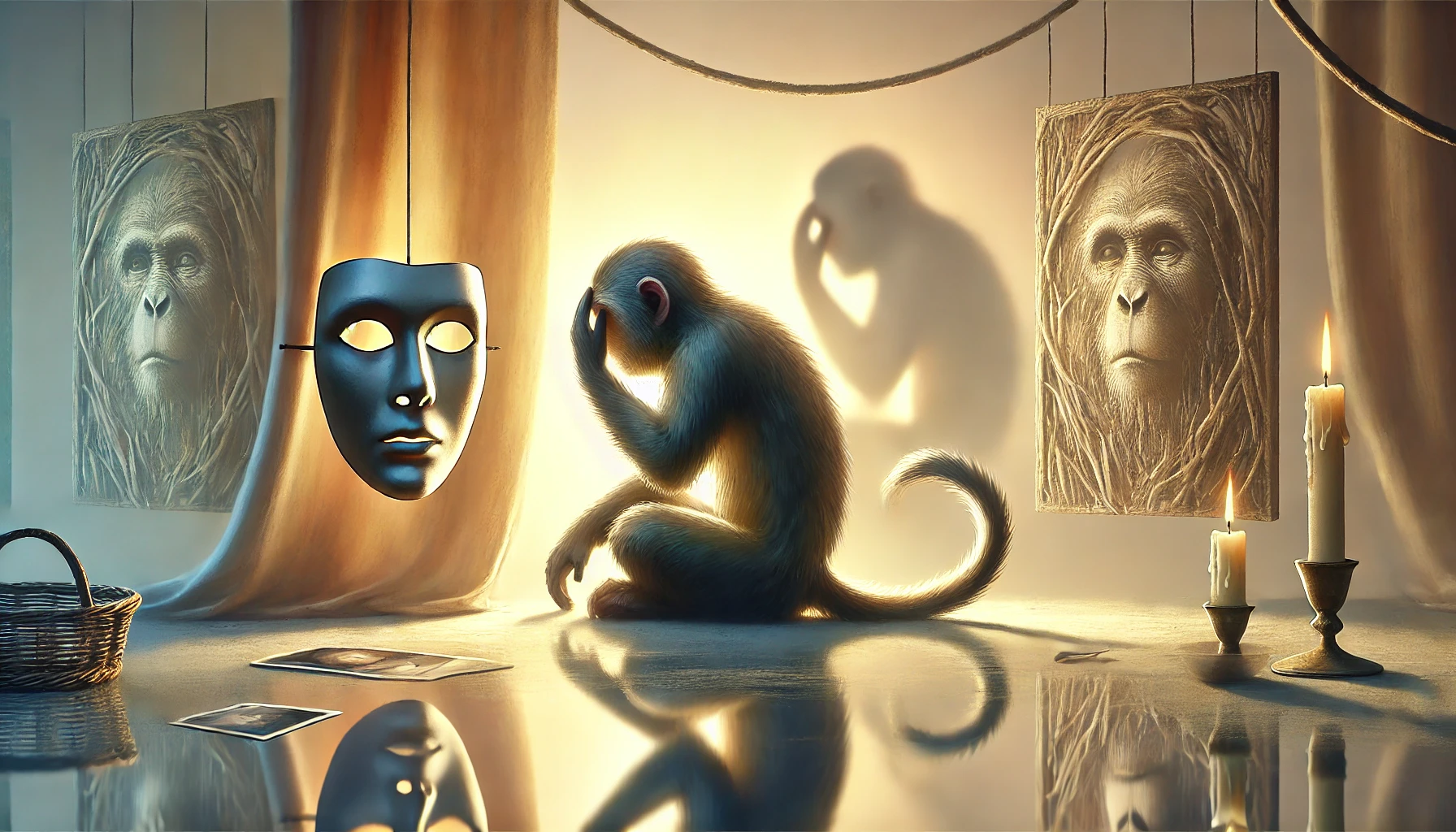
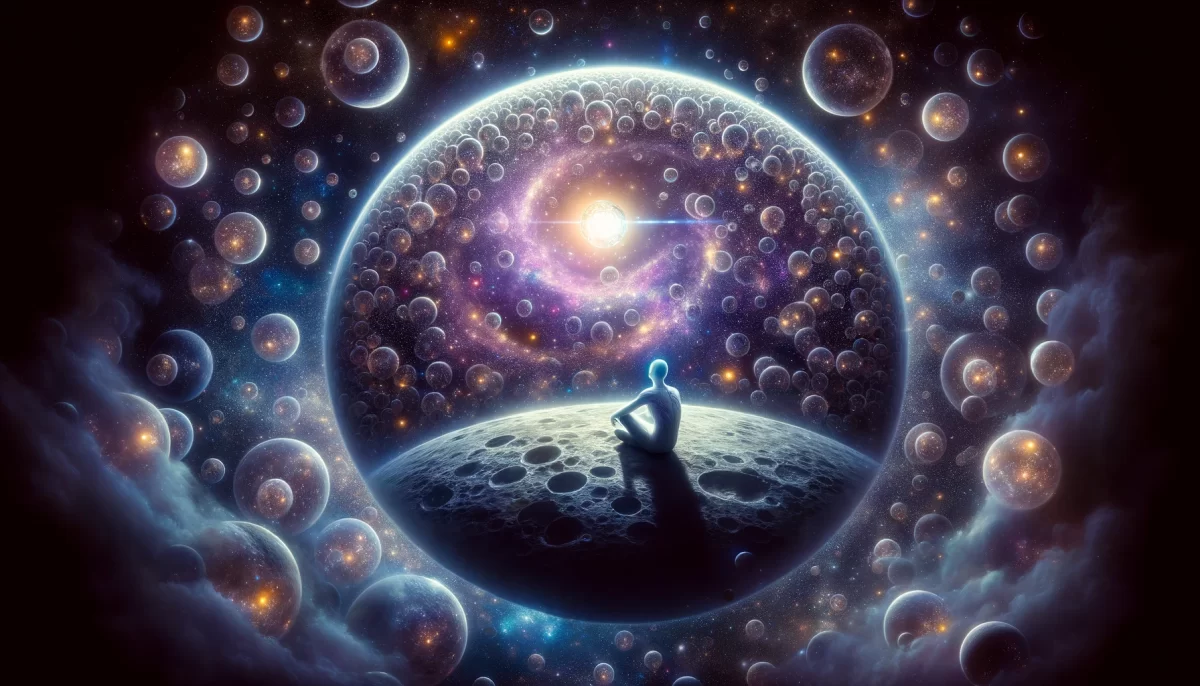

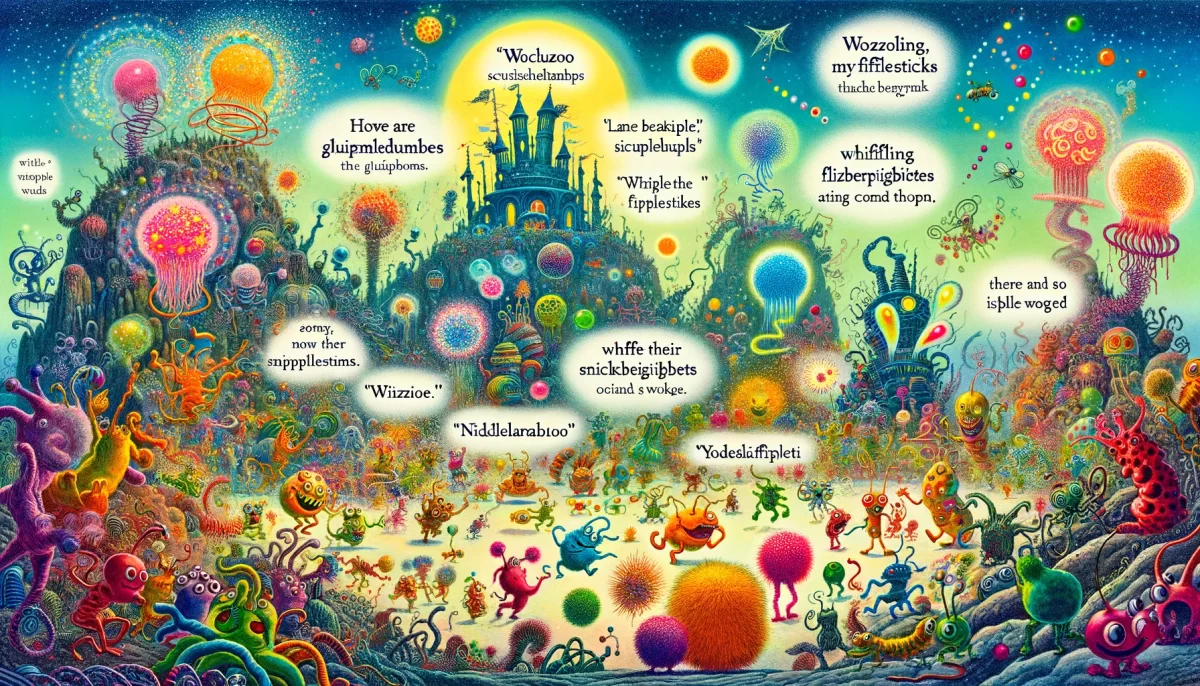

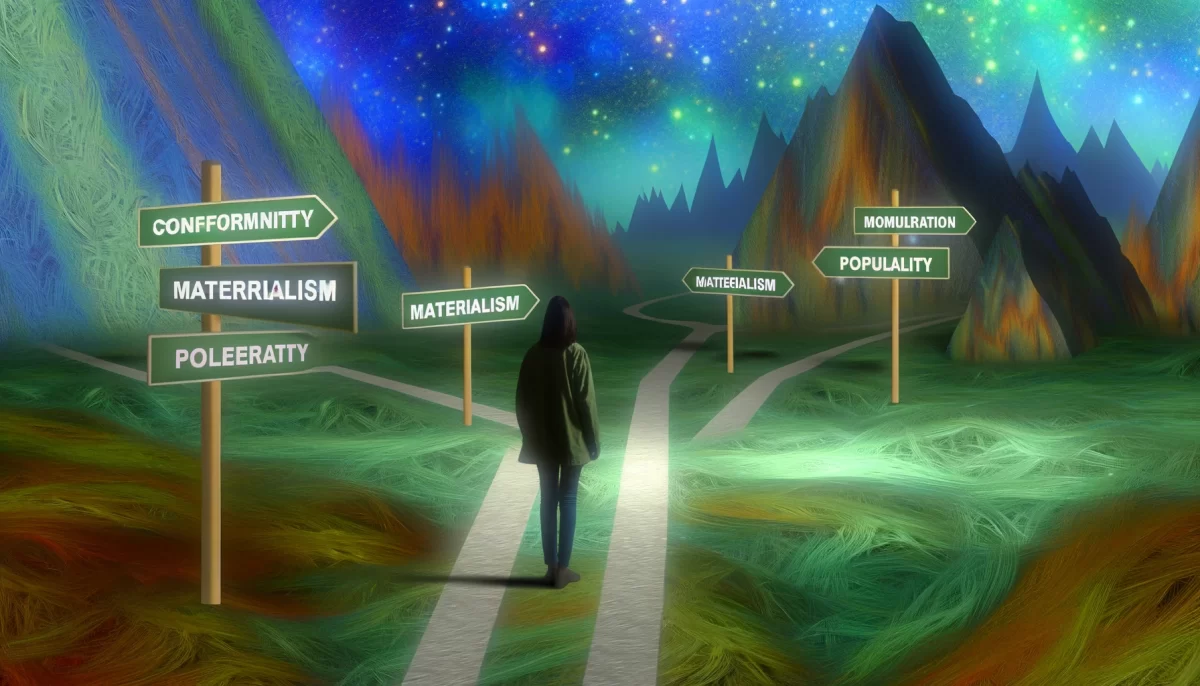
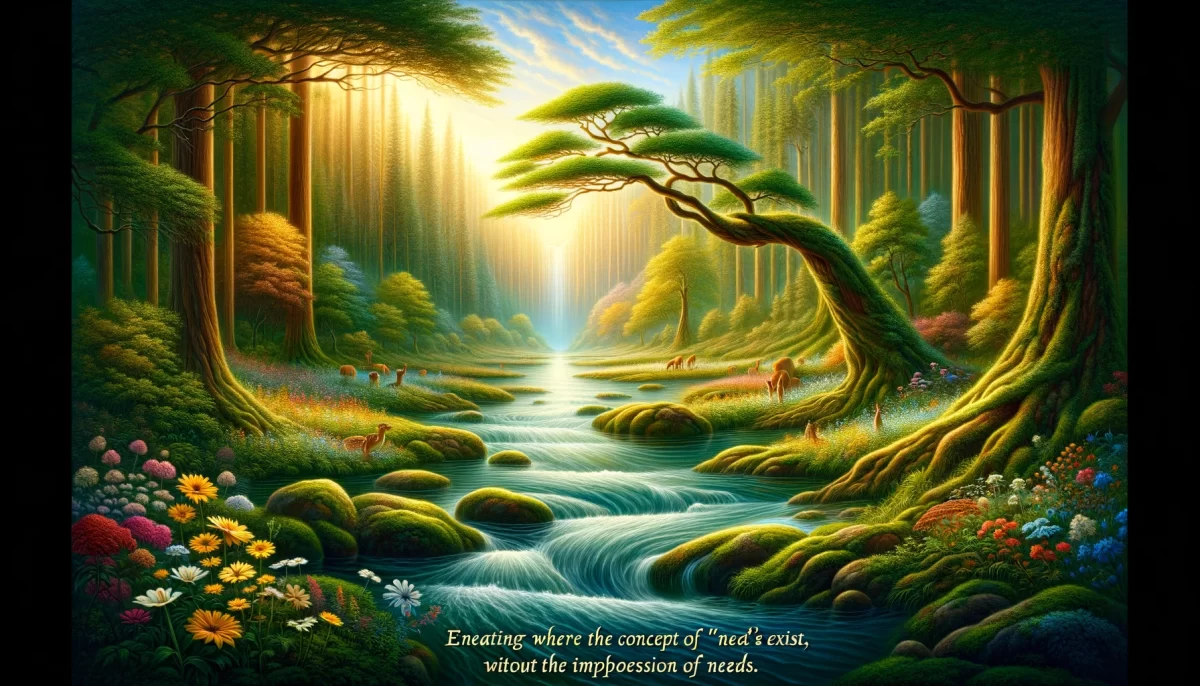

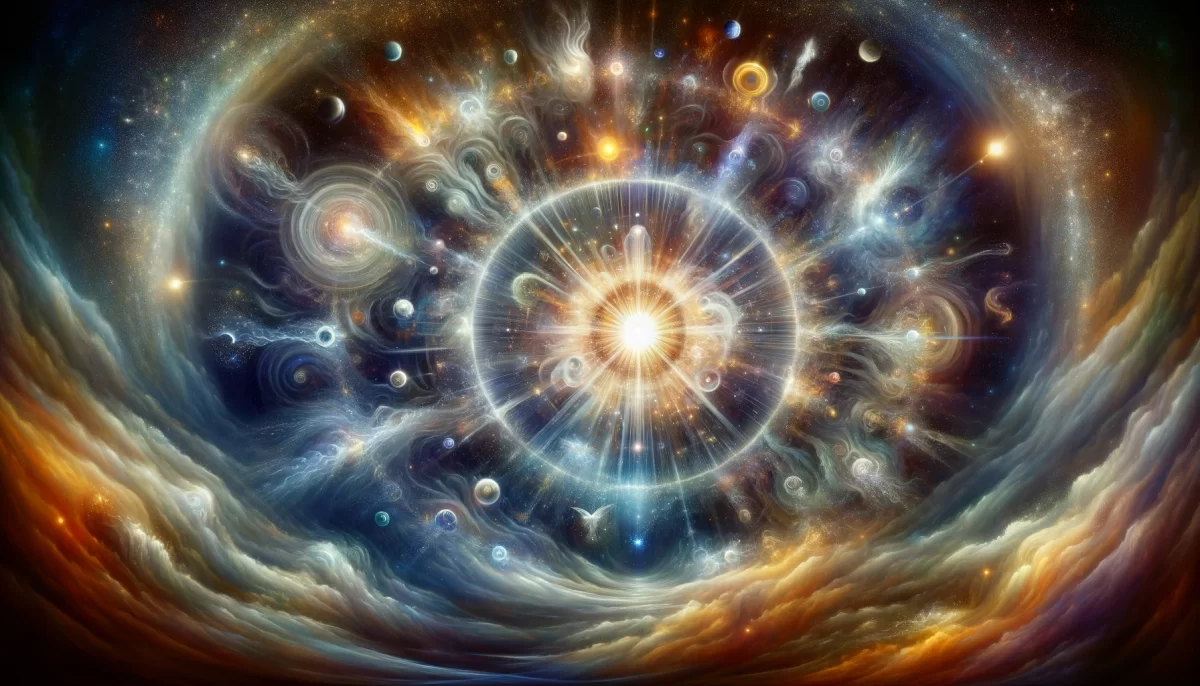







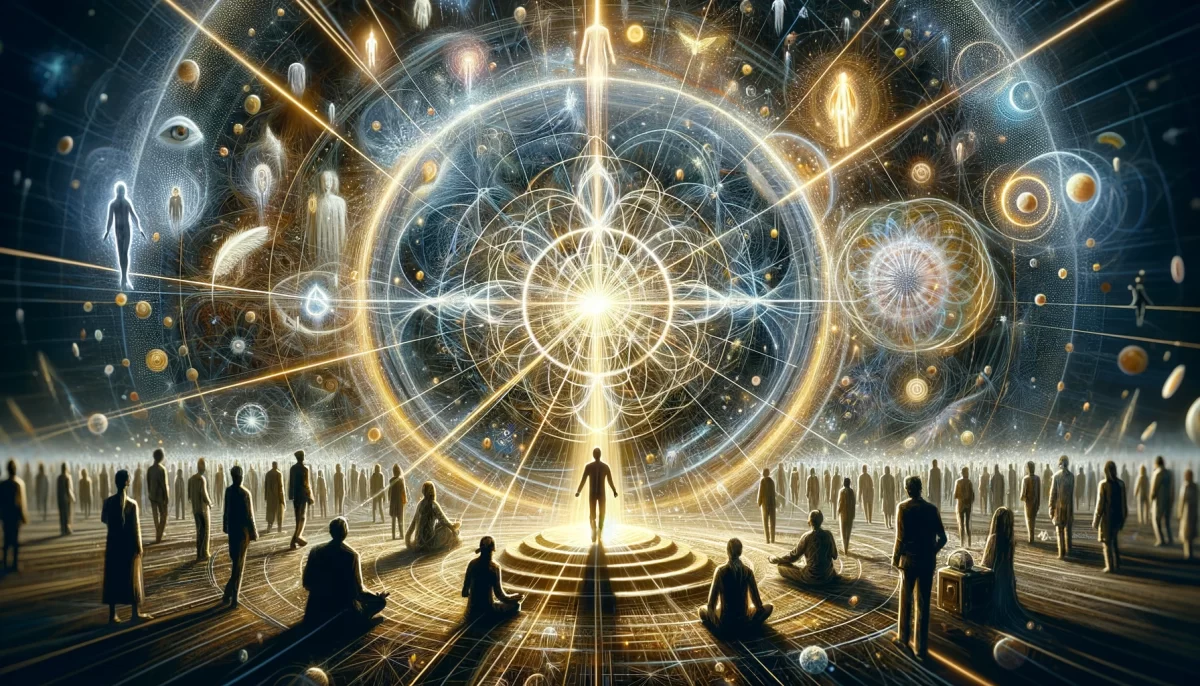



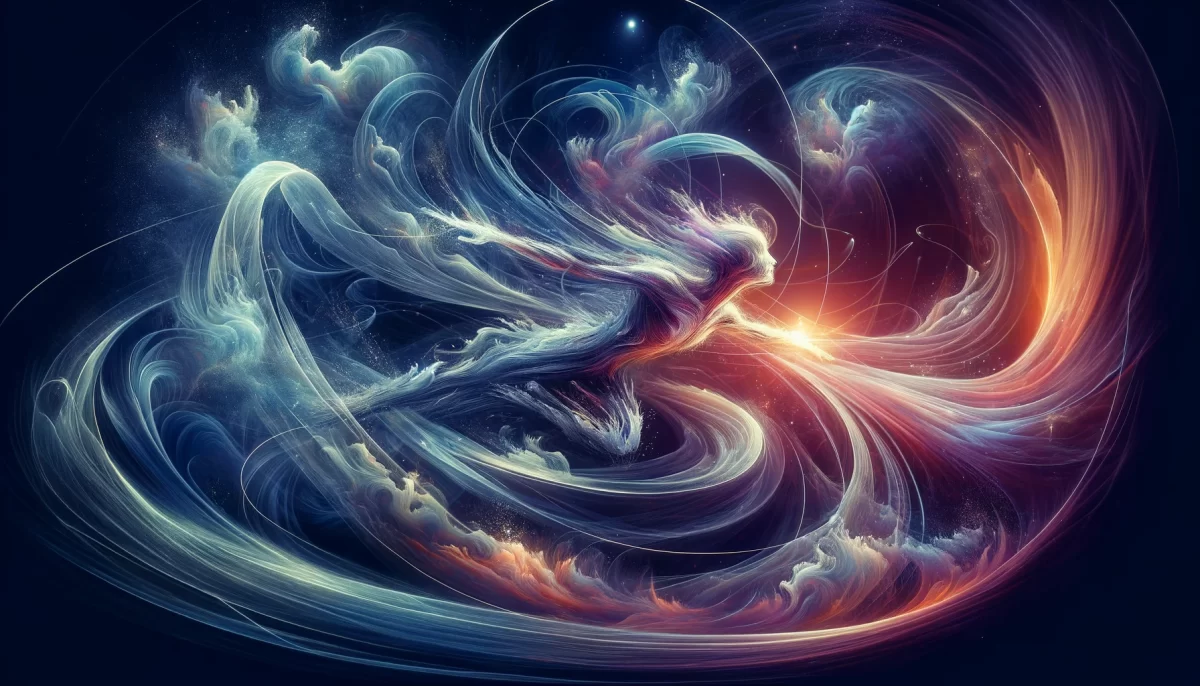
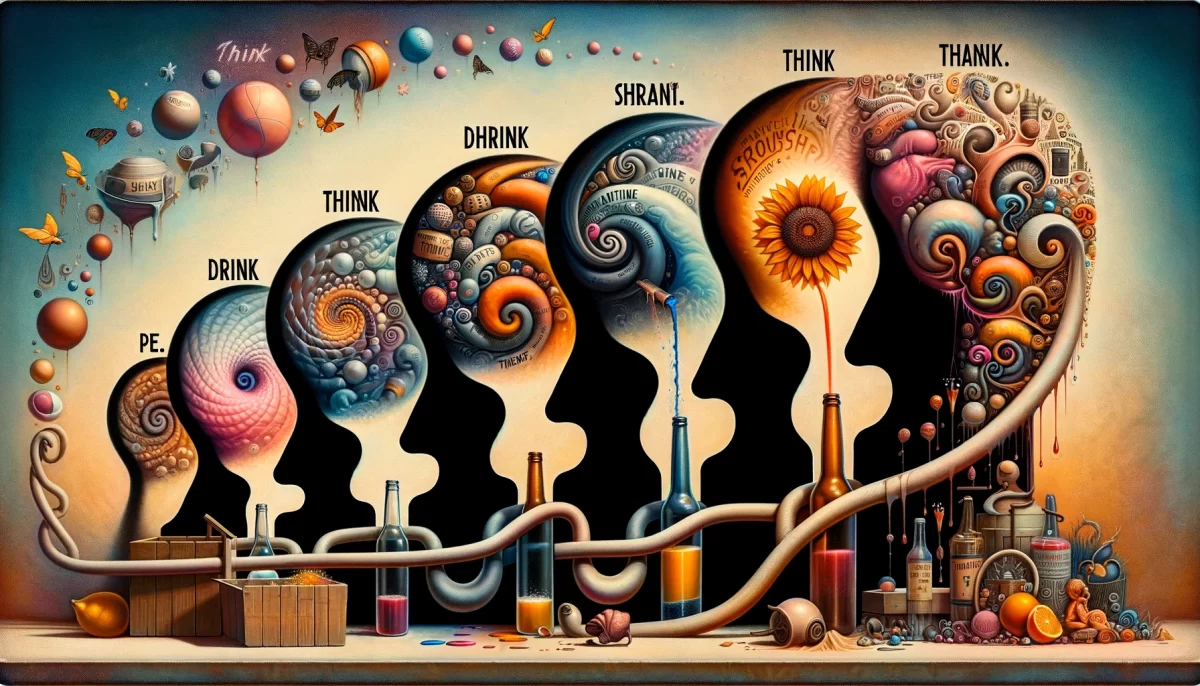
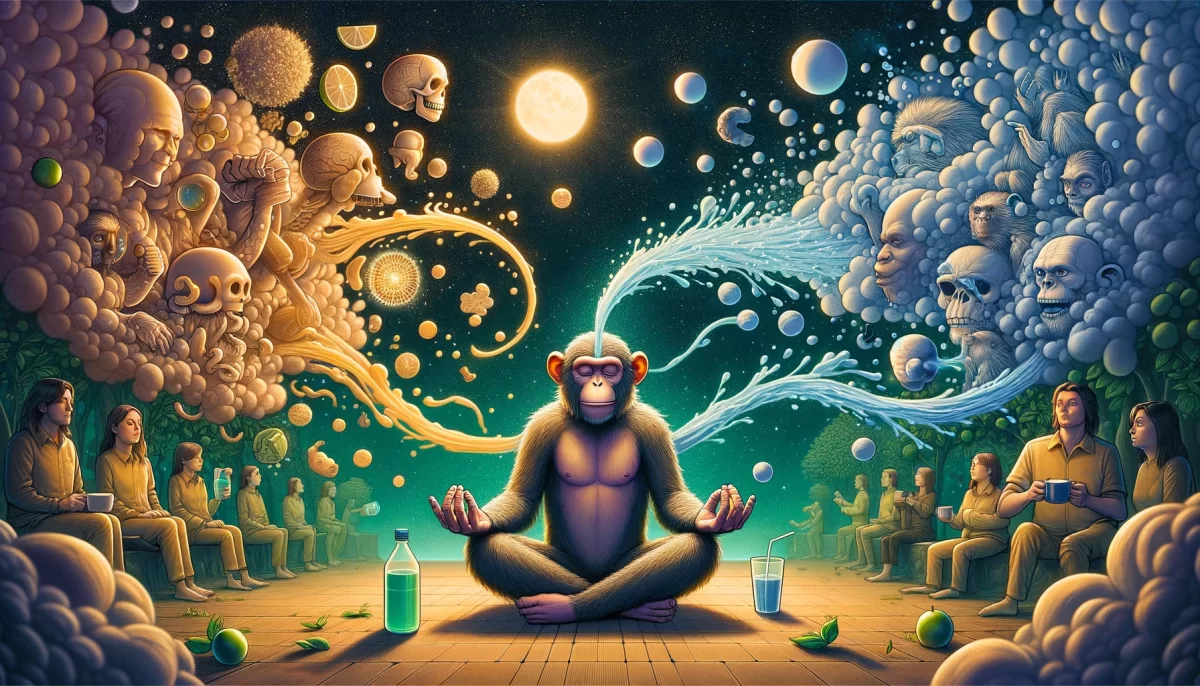

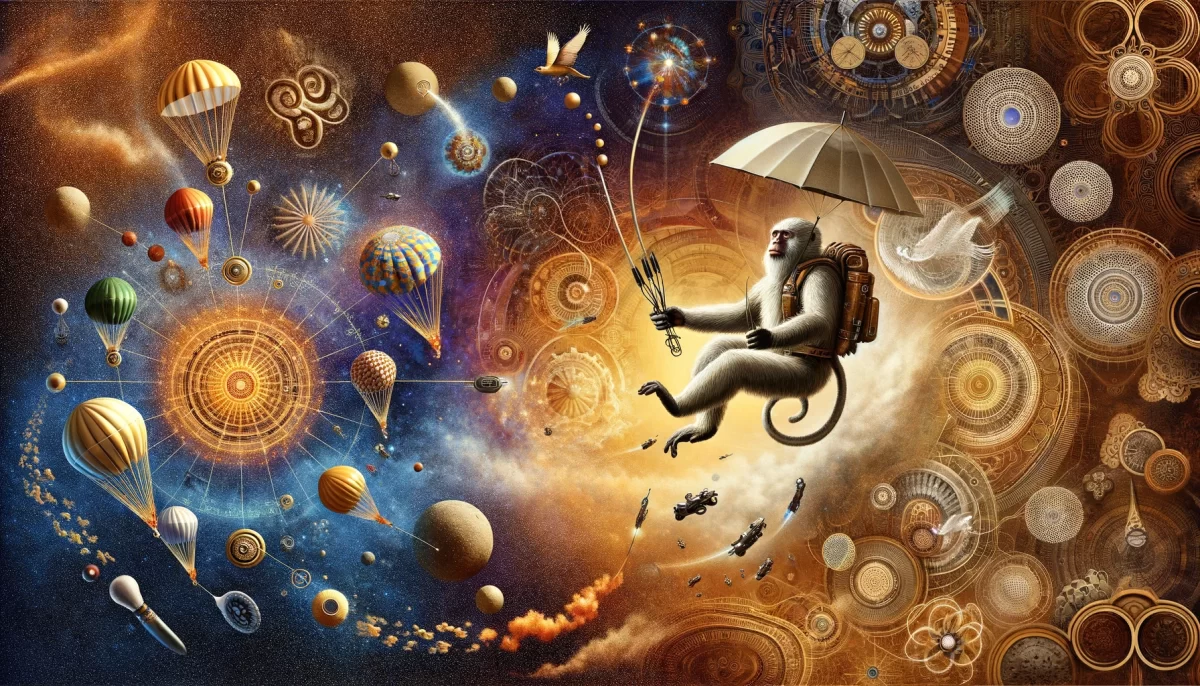

Leave a Reply